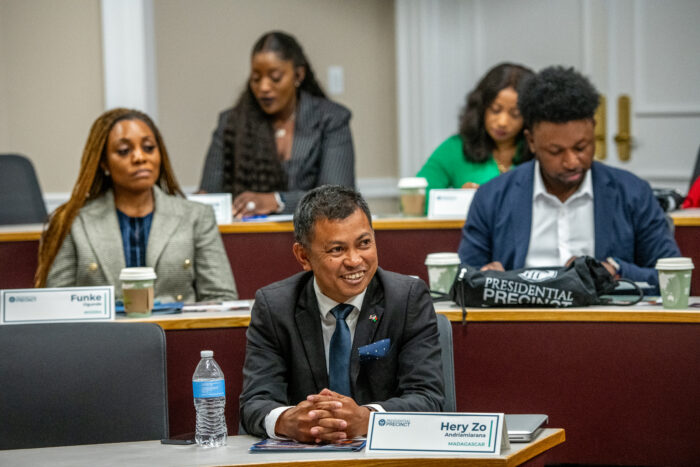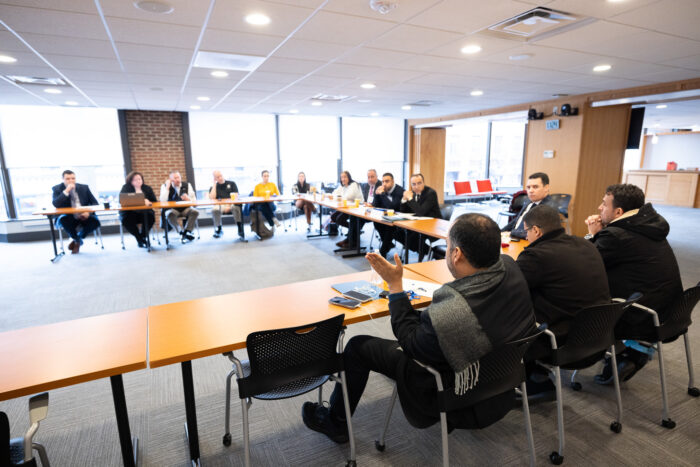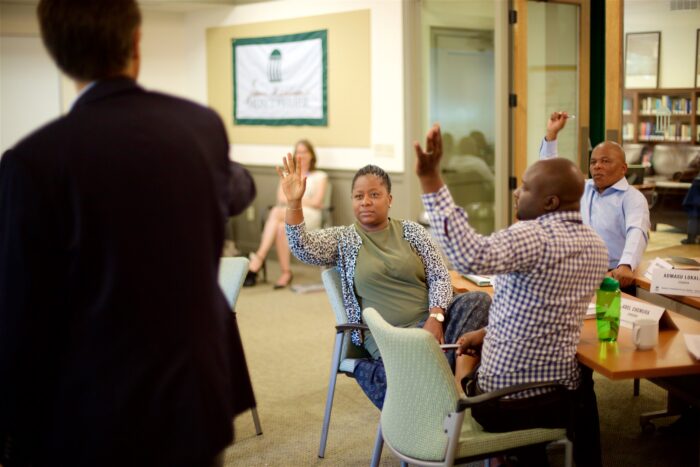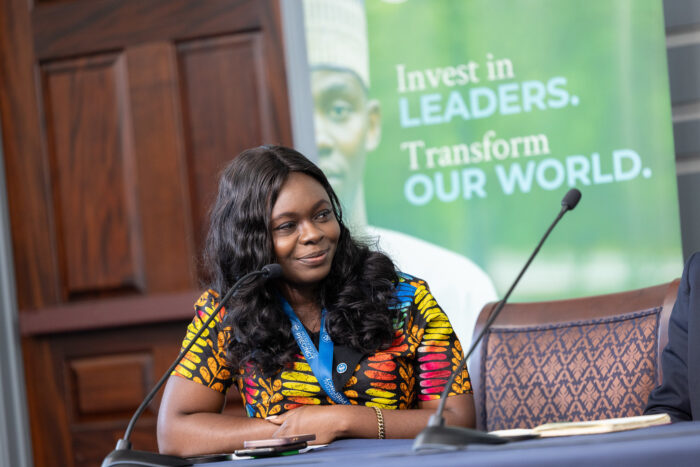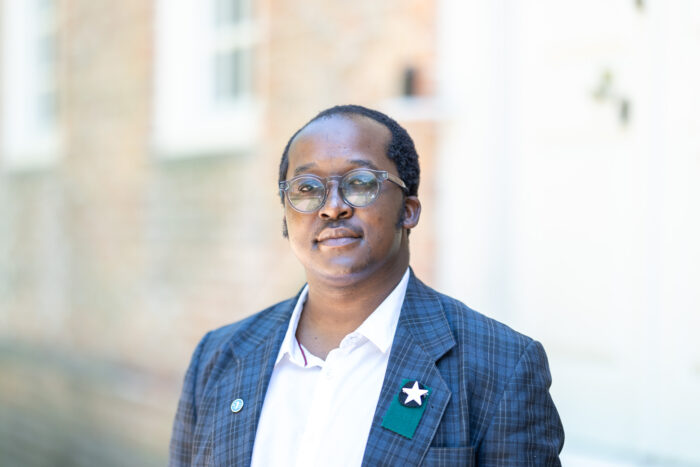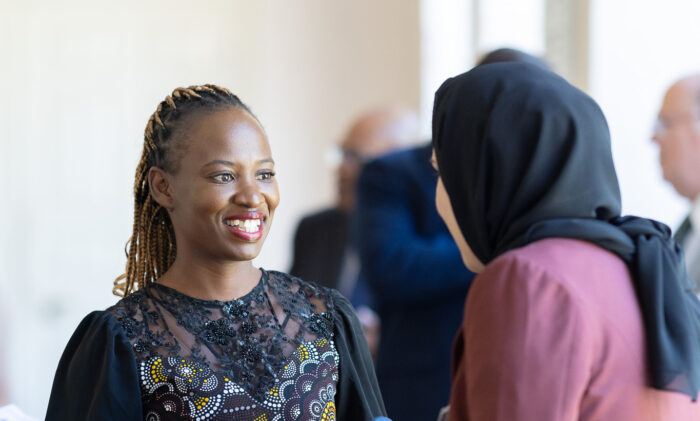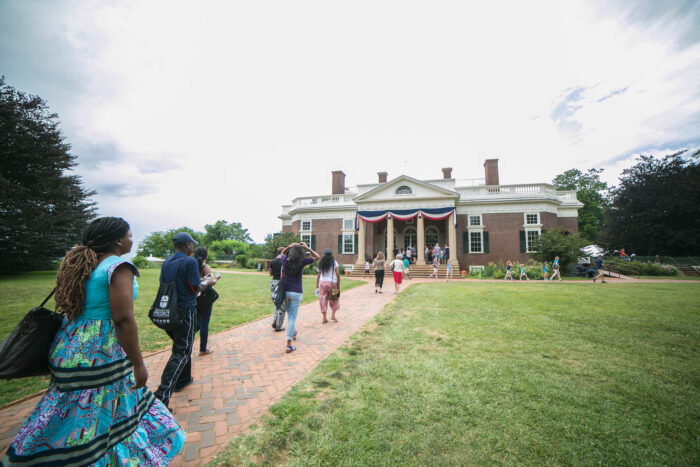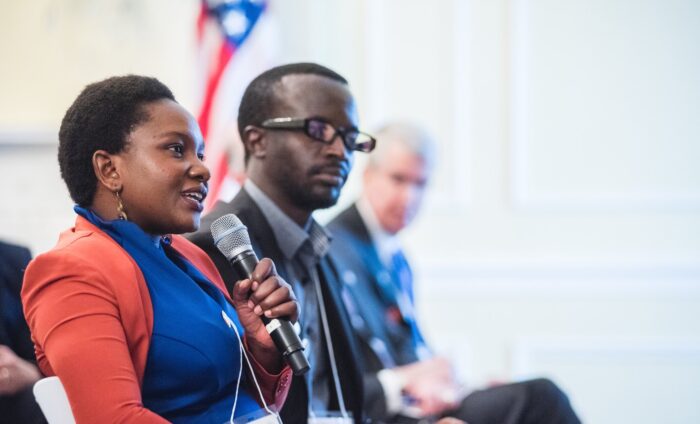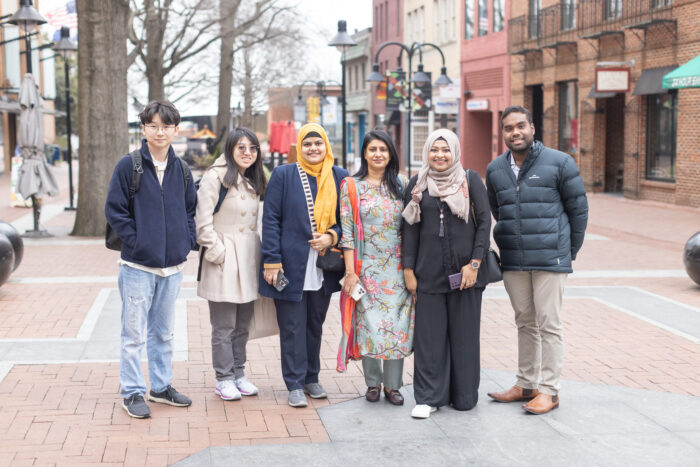Empowering Mining Communities in Southern Africa
Kitso Phiri is a 2018 alumnus of the Mandela Washington Fellowship at the Presidential Precinct.
—
I am a trained lawyer and a business and human rights consultant in Botswana. My work entails shaping laws and policies to give voice to vulnerable and marginalized communities who have been adversely impacted by business activities in Southern Africa. I predominantly work with migrant workers, current and former mineworkers, and peri-mining communities. These communities, I observed, were neglected, lived in the margins of mainstream society, and lacked agency and a platform to assert their rights and ventilate their issues.
From recognizing their plight and lack of representation, I formed Botswana Labour Migrants Association (BoLAMA), where I currently serve as the Executive Secretary. Our mandate is to advocate for increased social protection measures for migrant workers and to ensure compliance with corporate social accountability standards by mining companies and government.
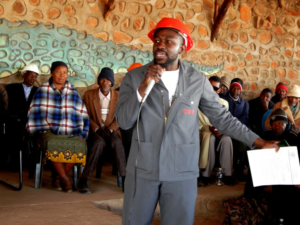
Presently, our organization is facilitating access to mineworkers’ cross border social security benefits which involves occupational compensation and unclaimed pensions from the mines. Our effort to address the legacy issues in mining saw our participation in the regional tuberculosis & silicosis mine-workers’ class action suit in South Africa, which culminated in a R5 billion court settlement. The award will go towards the compensation of mineworkers who contracted and are suffering from TB and silicosis and the family members of those who died from TB & silicosis related causes.
The mining sector is the bedrock of many economies in Southern Africa including Botswana. It creates employment through development of industries, skill transferring, local content and infrastructure development. Conversely, mining is attributable to gross human rights violations including fueling conflicts, mining arbitrage, pollution, and corruption. Adherence to international legal and policy frameworks in the governance of natural resources has been at the heart of our advocacy work. Historically, mining has always been embedded in the cultural development and nuances of Southern Africa, and it has shaped the social, political, and economic circumstances of its inhabitants. It also created a language called “fanakaloo” – a mixture of Bantu languages – as a medium of communication in South African mines.
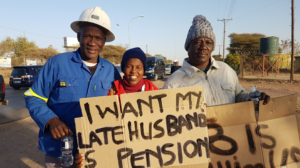
With this work in mind, I arrived at the Presidential Precinct as a 2018 Mandela Washington Fellow. Our six-week Fellowship took us from the University of Virginia in Charlottesville to homes of the American founders across the state of Virginia before concluding the program in Williamsburg at William & Mary – one of the oldest public universities in the United States.
While at William & Mary, I had the opportunity to share BoLAMA’s vision with Dr. Annie Blazer in the Department of Religion and Cultural Studies. Dr. Blazer shared insights on her work and the sustained impact we could have on communities should we work together on collaborative project. It quickly became clear that we could have a great opportunity to work across continents! After extended conversation in the year to follow, we have built a Summer Program to be held in Botswana in 2020. The program will be anchored on two objectives; (i) to educate William & Mary students about the cultures of Southern Africa and; (ii) assist BoLAMA with its advocacy work on social protection for ex-miners and their beneficiaries.
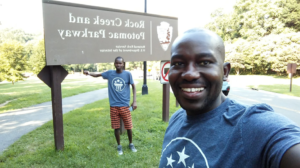
To conduct a capacity assessment and lay the groundwork for next year’s program, Dr. Blazer visited Botswana in August of 2019. Her trip was funded with the help of the U.S. State Department’s Reciprocal Exchange Grant, which we applied for jointly.
Upon her visit to Botswana, Dr. Blazer said, “This partnership is a good one because it will bring William & Mary students to Botswana with a human rights purpose that will motivate students to learn about the cultures of Southern Africa.”
As we approach next year’s program, we are committed to deepening William & Mary students’ understanding of cultures through the miners’ lived experiences, learning media anthropology, human rights advocacy, and community service through voluntary work at BoLAMA. Our organization will also benefit from cross pollination of skills, institutional capacity building, enhancing organizational profile, and creation of advocacy tools by students, including narratives that tell the stories of former miners.
We are hopeful that this partnership will unlock BoLAMA’s potential of becoming a center of excellence in the region on labor migration, extractives and economic empowerment of vulnerable populations including migrants, miners, and mining communities. My thanks to William & Mary and the Reves Center for International Studies, among other Presidential Precinct partners, as the legacy of my 2018 Mandela Washington Fellowship continues to promise direct impact in our mining communities here in Botswana and across Southern Africa.
Click here to learn more about the Mandela Washington Fellowship.


